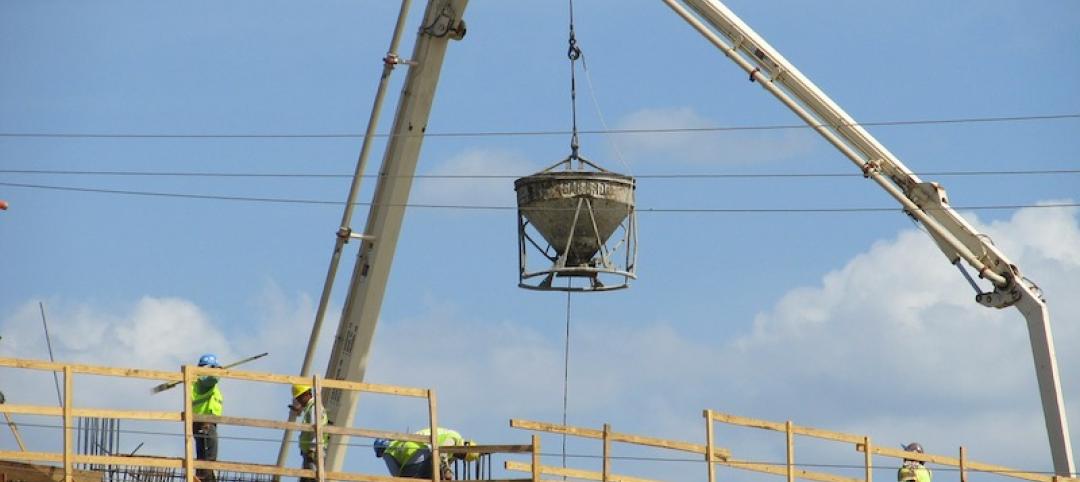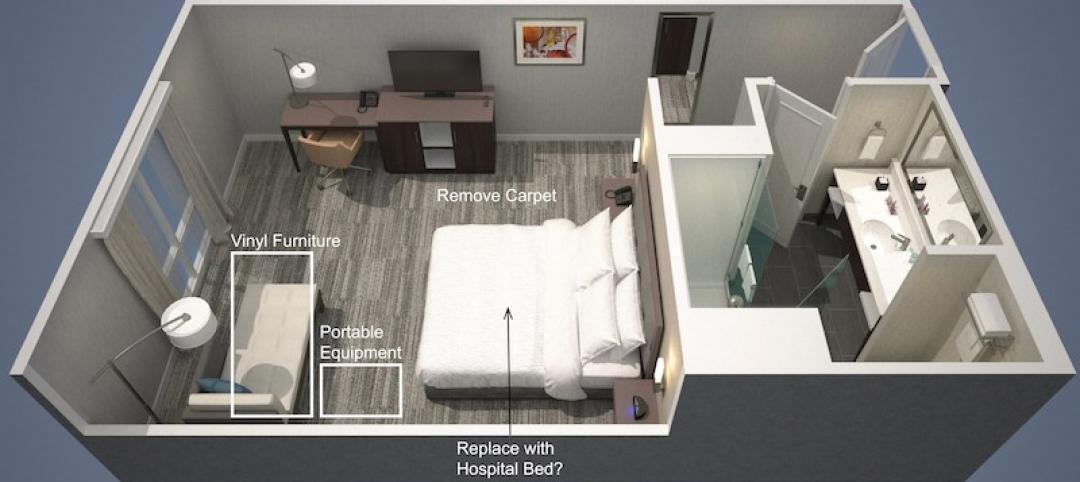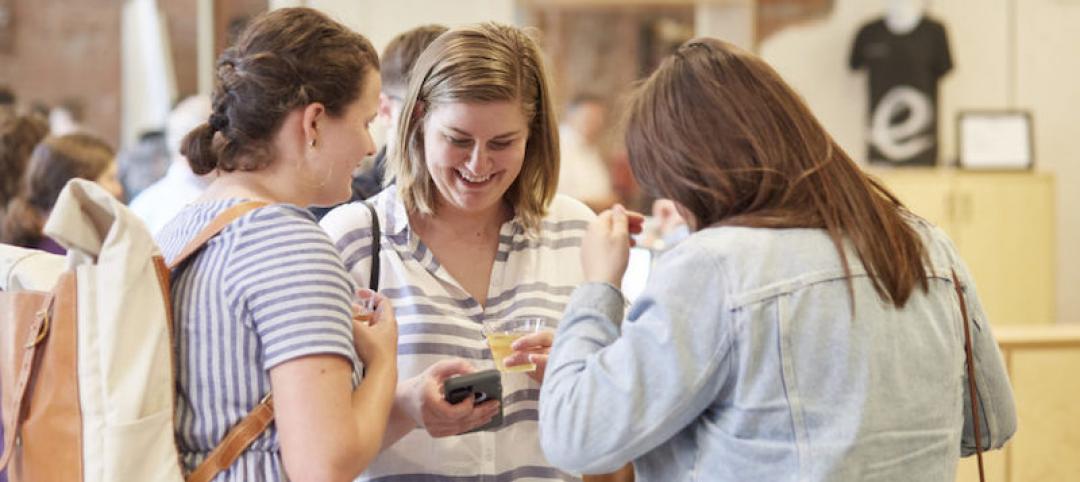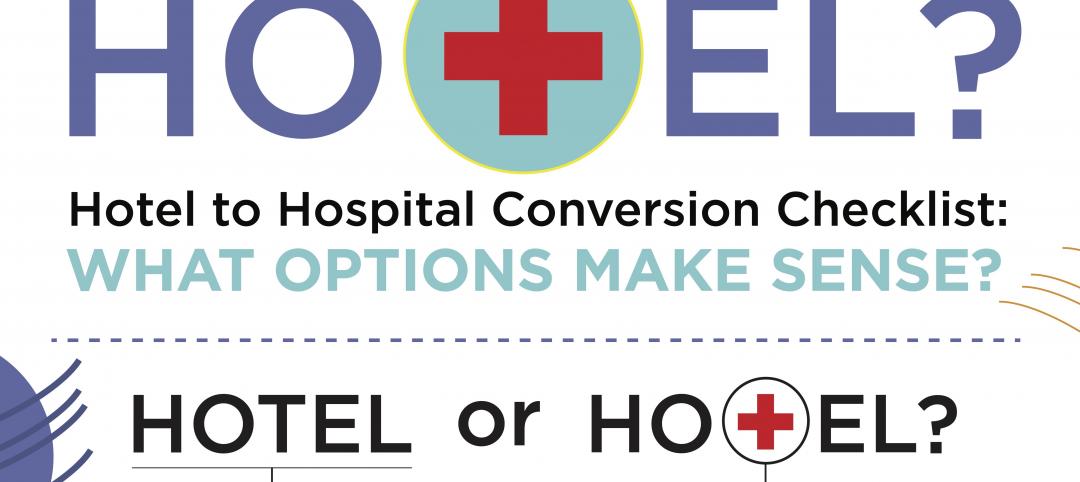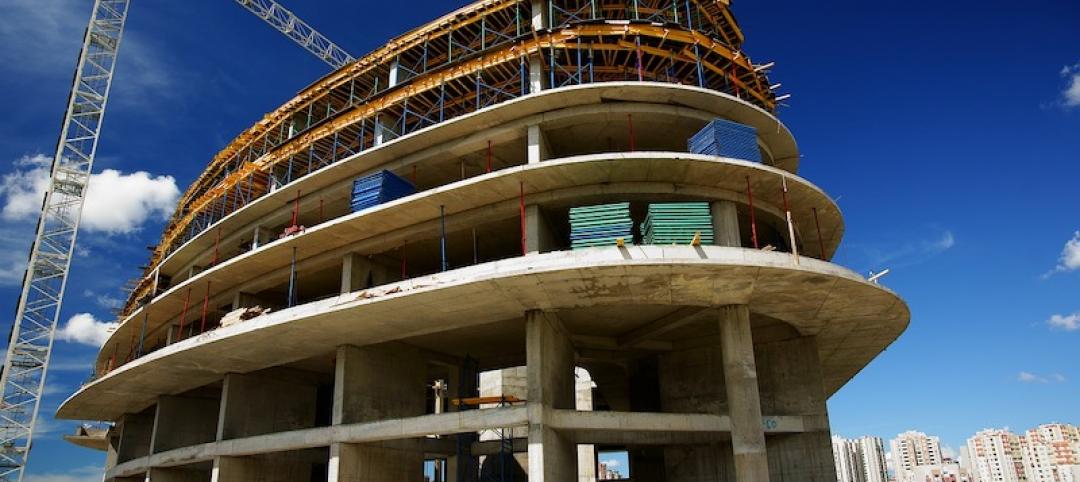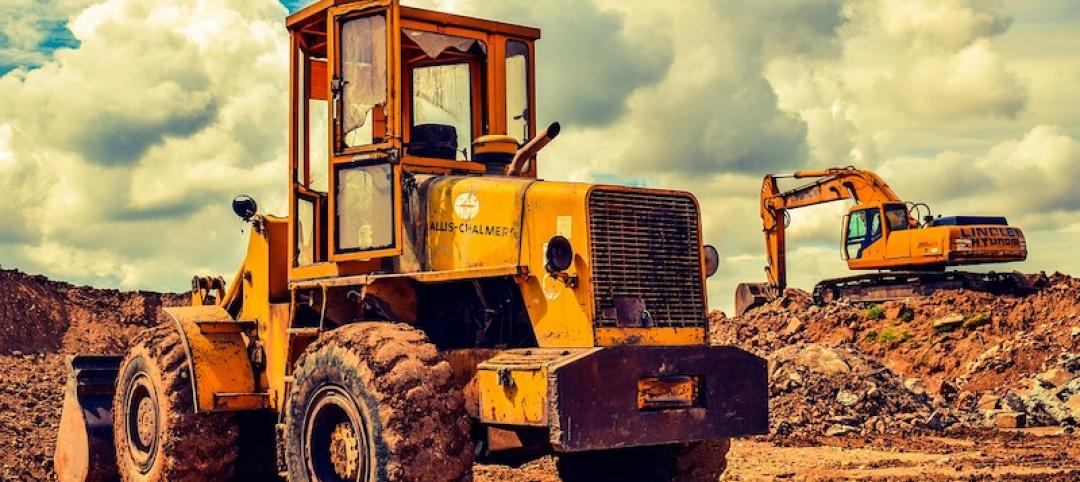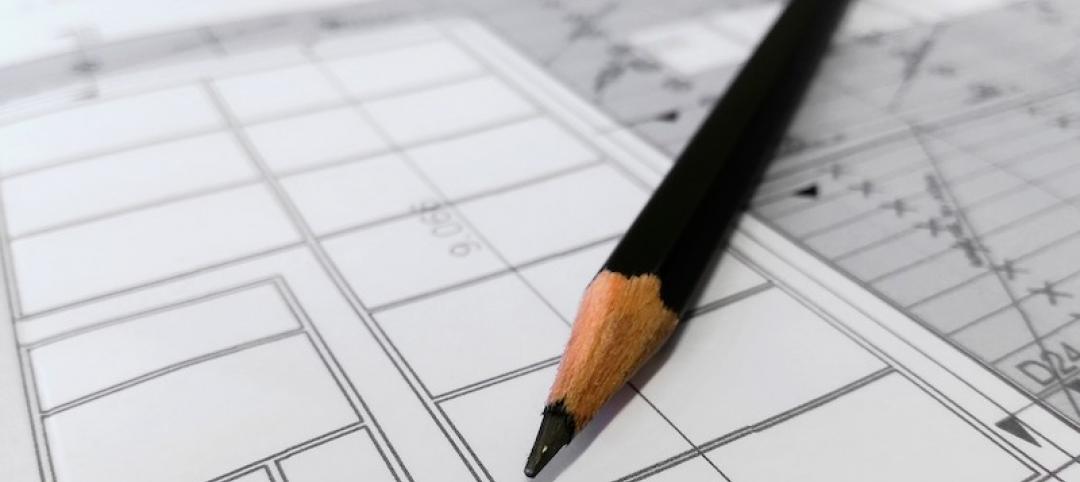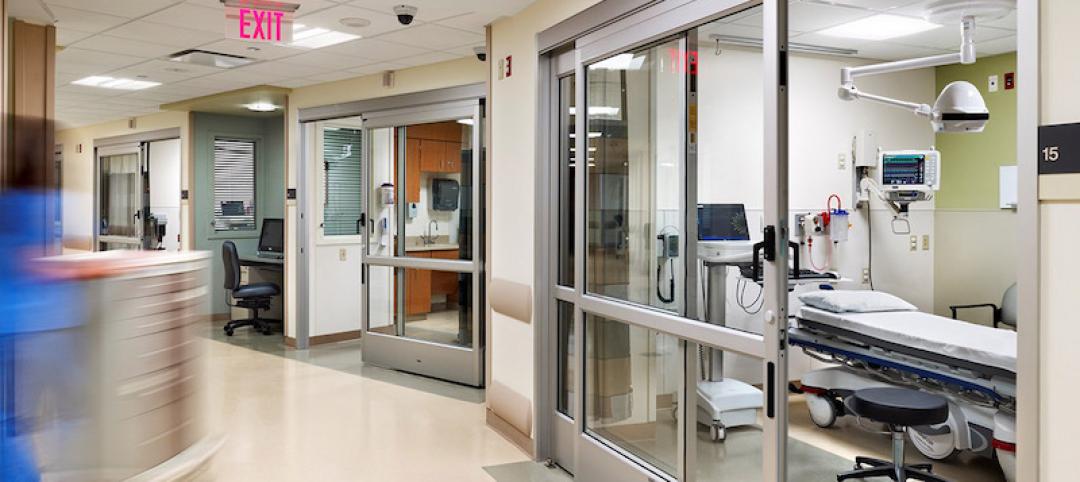As the construction industry tries to figure out how to start working again under pandemic conditions that are still prevalent in many parts of the country, companies are left to sort out evidence- and science-based facts and possible solutions from quick-fix remedies and instinctual responses that, in the long-rum, could do more harm than good.
To assist construction companies in these efforts, The Castle Group, a communications strategy firm, has created a COVID-19 Crisis Response Task Force, which provides medical expertise, alerts and analysis, weekly briefing calls, company specific projects, and business recovery planning and continuity.
In forming this task force, The Castle Group collaborated with Dr. David Shulkin, FACP, the former Secretary of the U.S. Department if Veterans Affairs, who is currently president of a consulting firm that works with healthcare organizations and companies to innovate and improve wellbeing for patients.
Its other partner in this endeavor is Dr. Michael R. Jaff, DO, the chief medical officer of a global medical device manufacturer, and a professor of medicine at Harvard Medical School.
Sandy Lish, The Castle Group’s principal, notes that her firm can bring to the table expertise in crisis communications that, in the case of several construction firms she’s heard from, often lack reliable medical information. Castle’s areas of expertise touch on human resources, best practices, and employee re-assimilation.
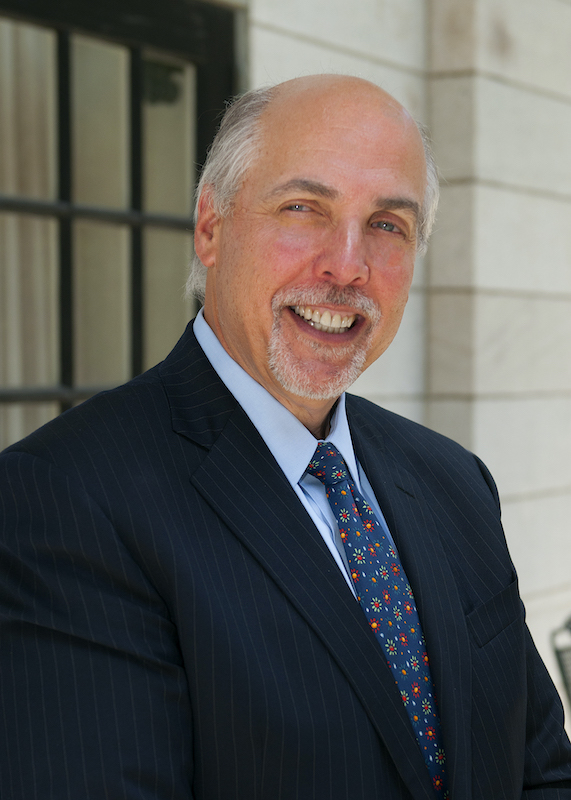
Dr. Michael R. Jaff, one of the medical experts collaborating with The Castle Group on its COVID-19 Crisis Response Task Force.
Last month, The Castle Group sent out an email blast to its database about the task force’s services. Jaff says that its first client was an assisted-living facility that wasn’t satisfied with how it conveyed information to its customers. “We changed the course of their situation by encouraging them to change their strategy from reactive to proactive,” says Jaff.
Lish and Jaff point out that what’s also missing in many companies’ messaging is the “looking ahead” at what might happen medically, which is something the task force can also help its clients with. “Being able to anticipate shifts gives you the ability to be nimble” in response to those shifts, says Jaff.
He goes on to say there’s a “desperate need” for consistent information platforms, in terms of available testing, therapies, and so forth. “Otherwise, you end up with what we have now,” he says: an uncoordinated hodgepodge of public and private sector actions.
Over the next six to 12 months, Castle’s COVID-19 response team’s mission could broaden to include other diseases and ailments that employees might contract, regardless of how quickly a vaccine for COVID-19 emerges. “Companies need longer-term communications strategies,” says Lish.
Related Stories
Coronavirus | Apr 1, 2020
February rise in construction outlays contrasts with pandemic-driven collapse in March as owners, government orders shut down projects
Survey finds contractors face shortages of materials and workers, delivery delays and cancellations.
Coronavirus | Apr 1, 2020
Green cleaning and the coronavirus
If your cleaning teams use bleach to disinfect buildings from Coronavirus, will you put your LEED certification at risk?
Coronavirus | Mar 31, 2020
As cities scramble for hospital beds to treat COVID-19 patients, Leo A Daly offers a hotel-to-hospital solution
The firm has devised three conversion models, for different levels of healthcare required.
Coronavirus | Mar 30, 2020
Your turn: Has COVID-19 spelled the death knell for open-plan offices?
COVID-19 has designers worrying if open-plan offices are safe for workers.
Coronavirus | Mar 30, 2020
Learning from covid-19: Campuses are poised to help students be happier
Overcoming isolation isn’t just about the technological face to face, it is about finding meaningful connection and “togetherness”.
Coronavirus | Mar 30, 2020
COVID-19 innovation: Setting parameters for hotel-to-hospital conversions
tvsdesign breaks down different room types and how they might help free up hospital beds for coronavirus patients.
Coronavirus | Mar 30, 2020
New Department of Homeland Security guidance clarifies construction's role in supporting essential critical infrastructure
Construction officials say new federal guidance should signal to state and local officials the need to allow construction activity to continue, or resume, during coronavirus-related work stoppages.
Coronavirus | Mar 27, 2020
Sharp jump in owners cancelling or delaying construction projects across the country, new survey finds
After 42 states added jobs in February, coronavirus is taking a swift and severe toll on the industry, prompting association officials to call for additional measures to help workers and firms recover.
Coronavirus | Mar 27, 2020
Covid-19 stalls demand for design services
Two thirds of architecture firms report slowing or stoppage of projects due to COVID-19.
Coronavirus | Mar 26, 2020
It’s not if, but when: Designing healthcare spaces that support pandemic response
What can we learn from Singapore’s response to COVID-19? How does it impact the next generation of hospitals?



